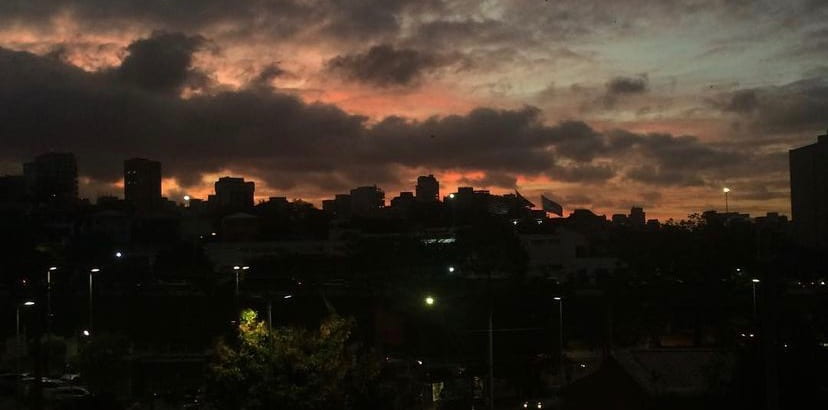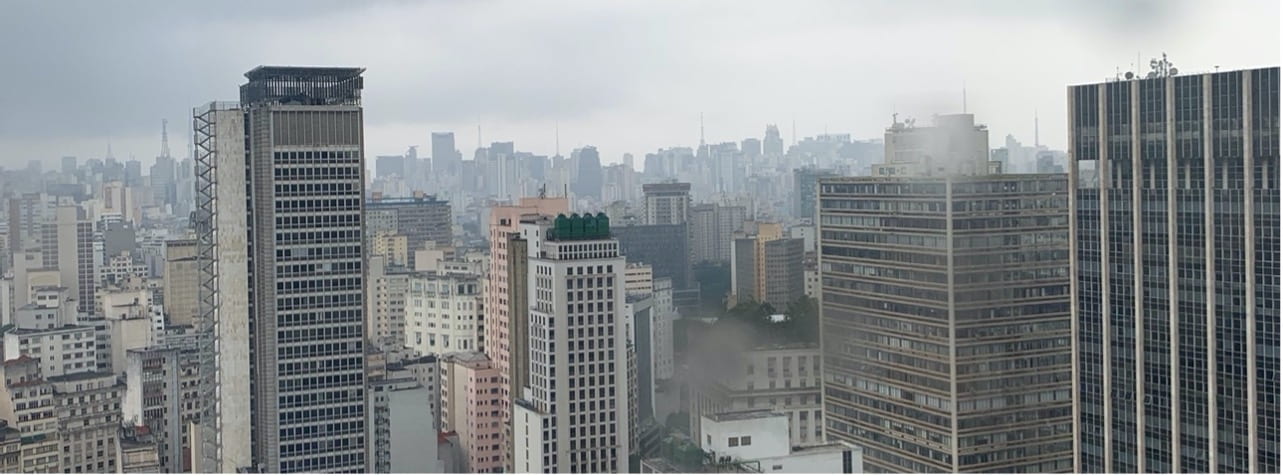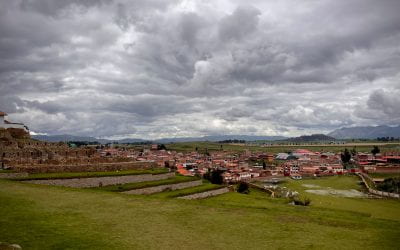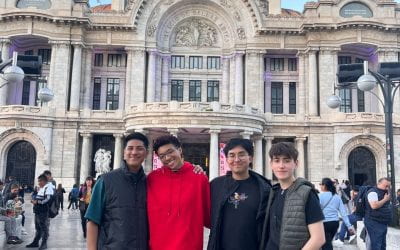
About the Author
Luísa Shida was born and raised in São Paulo, Brazil’s “city of rain.” Currently pursuing her bachelor’s degree in Government at Harvard, she is particularly passionate about Latin American history, international relations, collegiate a cappella and discovering new restaurants around Cambridge.
Saudade
On Missing Home
Linguistics and Literature departments consider Portuguese a Romantic language because of its Latin roots, alongside others such as Spanish, French and Italian. I, however—and feel free to call me a hopeless romantic after this, believe it is worthy of this title because it truly is a language of love. It fosters a myriad of words and expressions that, as simple as they may be in Portuguese, just cannot be translated into any other language without losing their unique expressivity and emotion.
This is the case with some of my favorite words, such as “cafuné” (running your fingers through one’s hair), or “xodó” (an affectionate way to refer to a loved one). However, the best example of this, by far, is the noun “saudade.” Even though it expresses the oh-so-common (and perhaps more common than one would possibly like) feeling of melancholy experienced after losing someone or something—in other words, missing them, it somehow cannot be faithfully translated into a noun in another language.
The fact that saudade is essentially untranslatable in its intensity means that I never got to truly express how I felt—and how I still feel—when I first came to study in the United States. From the second I got into that plane on July 28, 2021, I started to feel a saudade that I had never felt before.
I love my hometown with all my heart, to the extent that I consider being from São Paulo a personality trait. Growing up in Brazil’s biggest, most vibrant and cosmopolitan city has been a defining aspect of my life—I got to meet people from all over the world since I was small, learned to walk my way through a concrete jungle and breathed history in every street. If you asked me three years ago if I would ever see myself leaving São Paulo to study abroad, you would get a hard “no” for a response; let alone leaving Brazil altogether. But unmissable opportunities came along, and there I found myself on a red-eye airplane to Boston.
First, I missed the city lights. São Paulo was the at the core of Brazil’s industrialization and urbanization processes, which exploded circa the 1950s (as in most Latin American cities). This means that paulistana evenings are bright and lively—in the most privileged parts of town, at least. After all, the public light distribution system is still permeated by inequality, with heavily populated but peripheric neighborhoods being literally kept in the dark. But still, I missed the lights.

A paulistano sunset
Then, I missed the buildings. Walking through Boston’s miles and miles of red bricks and triple-deckers, I longed for the contrast between cloud-high skyscrapers and century-old neo-gothic cathedrals amongst which I grew. São Paulo was first founded as a Jesuit settlement, so its churches and antique buildings are unmatched. They harbor 468 years of Brazilian history: the Catholic Church’s colonial influences, especially in regard to its mission to catechize indigenous communities, the impacts of a thriving coffee economy in the 19th and 20th centuries, the effects of immigration on Brazilian society, among many other developments of the country’s past and present. Unfortunately, I am not the only one who took these buildings for granted – much still has to be done to guarantee the proper maintenance of such rich architecture, especially when it comes to public investment in urban preservation and sustainability. But still, I missed the buildings.

A view of the rainy “concrete jungle” from one of the highest skyscrapers in São Paulo, Farol Santander
However, what I definitely missed the most were the people. We Brazilians are huggers, kissers, laughers, singers, dancers, lovers, talkers, fighters, survivors, missers. What I love the most about the idea of saudade is that it isn’t a negative feeling: missing someone or something shows that you have experienced a situation so positively intense, filled with such strong emotions, that it will stay with you throughout your life. We miss so much—to the point of having such a specific word for it—precisely because we love so deeply. We love our country, our cities, our history, both in spite of and because of their flaws. We do have a lot of room to improve: inequality levels are dangerously high, political instability threatens democracy, discrimination permeates our interactions, and poverty lurks behind Brazilian society. But still, I missed the people.
I can’t complain about my life in the United States nor about the opportunities I have been given, but the saudade only gets bigger; leaving such love behind is never easy. The kind of love that only exists in Portuguese.
More Student Views
Andean Cultural Landscapes in Danger: The Chinchero International Airport
English + Español
Cusco stands as one of the most culturally and ecologically captivating regions globally.
Blossoming Bonds: Beauty and Belonging in Mexico
When I heard the news about my upcoming trip to Mexico, a surge of excitement coursed through me, and I immediately felt the urge to share this exhilarating news with my close friends and family.
Weapons of Mass Construction: Building a Puerto Rico for the People
I zip up my raincoat and turn on my headlamp as we tread along a damp trail in El Yunque National Rainforest, Puerto Rico.




